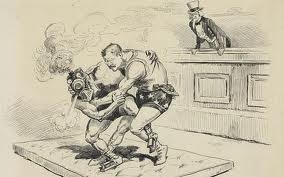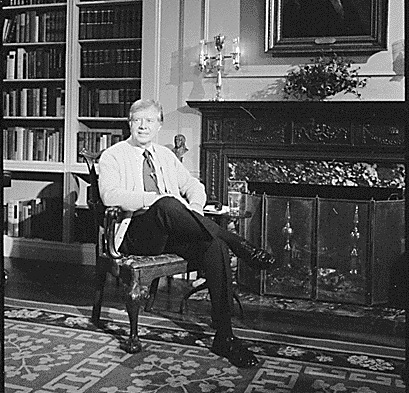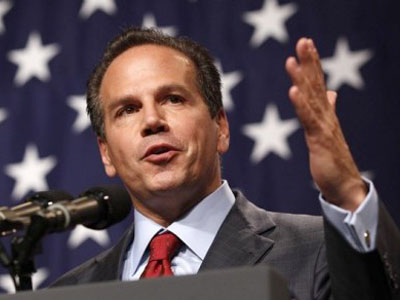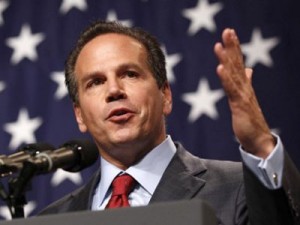Good thing there is no such thing as President’s Day; whole notion of a national holiday to honor our commenders-in-chief seems a bit un-American to me. The good news is the legal reason for the day off is for George Washington’s birthday, who deserves his own holiday far less than does Abraham Lincoln.
Yeah, Washington was the first and a fearless general, but just because he came clean about cutting down the cherry tree does not entirely absolve his environmental crime. Lincoln, on the other hand, ended America’s greatest atrocity: slavery. He was also the first to implement an income tax, he invested in public transportation and was working on perhaps the biggest government-backed economic redevelopment program in the history of the United States: the Reconstruction.
It’s easy to argue that Lincoln was the greatest president of all time. It’s also easy to argue that while he was a Republican, in many ways, he fits the modern definition of a political progressive. But does that mean he was the greatest progressive president? Perhaps. But here are few other American presidents who deserve consideration as well…
Teddy Roosevelt
 Any debate about the most progressive president of the United States has to start with Teddy Roosevelt. During his tenure as chief executive he advocated for environmental conservation, he dealt fairly and sometimes favorably with organized labor and he sought to break up many of the corporate monopolies that were concentrating power and squeezing the middle class. His Square Deal suite of domestic policy laws is the namesake of all future progressive domestic policy proposals. Although he began his career as a Republican, he literally set the standard for the modern movement with the Bull Moose party, officially called the Progressive Party.
Any debate about the most progressive president of the United States has to start with Teddy Roosevelt. During his tenure as chief executive he advocated for environmental conservation, he dealt fairly and sometimes favorably with organized labor and he sought to break up many of the corporate monopolies that were concentrating power and squeezing the middle class. His Square Deal suite of domestic policy laws is the namesake of all future progressive domestic policy proposals. Although he began his career as a Republican, he literally set the standard for the modern movement with the Bull Moose party, officially called the Progressive Party.
Franklin Delano Roosevelt
 Not everything FDR did was progressive (he detained Japanese Americans during WWII, for example) but the New Deal sure was.
Not everything FDR did was progressive (he detained Japanese Americans during WWII, for example) but the New Deal sure was.
It not only put thousands of Americans to work building much-needed communal infrastructure and amenities. But it also created Social Security, the US Housing Authority, the Wagner Act, Fair Labor Standards and the Works Progress Administration. Together, these efforts helped America to claw the country out of the depression and build a society that would continue to prosper until we ceased investing in it.
Harry Truman
He followed FDR and his Fair Deal extended the consumer protections of the Square Deal and New Deal. While some of it never made it into law, it did set the tone for the post-war progressive era of consumer and middle class protections.
John Quincy Adams
 The sixth president and son of the second, this Harvard and Brown prof took office in 1825 taking the oath with his hand on the Constitution rather than a Bible. He was a strong believer in high taxes, public education and infrastructure investment. He was friendly to the indigenous people of North America, which played a significant role in his lackluster tenure as president.
The sixth president and son of the second, this Harvard and Brown prof took office in 1825 taking the oath with his hand on the Constitution rather than a Bible. He was a strong believer in high taxes, public education and infrastructure investment. He was friendly to the indigenous people of North America, which played a significant role in his lackluster tenure as president.
Jimmy Carter
You laughed at him for wearing sweaters, but it turns out that had we listened to his progressive advice on resource management and foreign oil our economy would be in much better shape today.
Barack Obama???
He coddled big banks but passed near-universal health care … our current president’s progressive credentials will hinge upon his actions taxes, climate change, equality and privacy.




